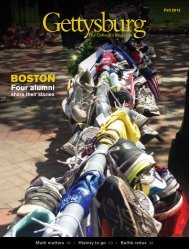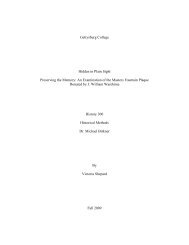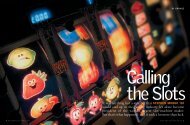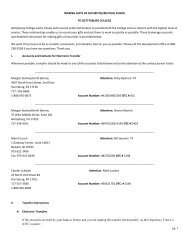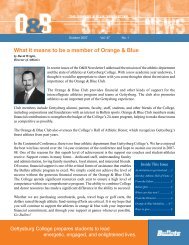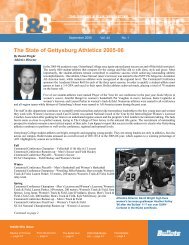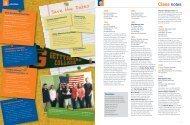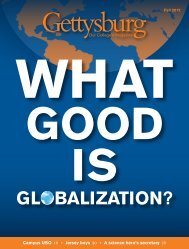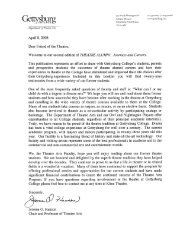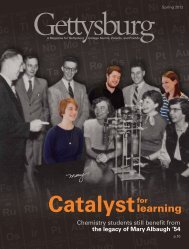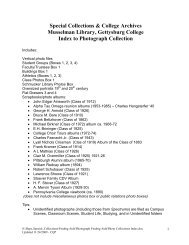Sweet Tooth for Empire: Sugar and the British Atlantic World
Sweet Tooth for Empire: Sugar and the British Atlantic World
Sweet Tooth for Empire: Sugar and the British Atlantic World
You also want an ePaper? Increase the reach of your titles
YUMPU automatically turns print PDFs into web optimized ePapers that Google loves.
In his account of Columbus’s third voyage, Las Casas wrote, concerning <strong>the</strong> hospitality<br />
of <strong>the</strong> Indians, “he ordered <strong>the</strong>m to barter <strong>for</strong> whatever <strong>the</strong>y needed whenever <strong>the</strong>y stopped off<br />
<strong>for</strong> fresh supplies, saying that, no matter how little what <strong>the</strong>y offered <strong>the</strong> Indians, <strong>the</strong> Indians,<br />
with <strong>the</strong> exception of <strong>the</strong> cannibals who were reputed to eat human flesh, would have what <strong>the</strong>y<br />
wanted,” 45 Las Casas described how <strong>the</strong> men asked <strong>the</strong> Indians about gold <strong>and</strong> “<strong>the</strong>y said,<br />
according to what <strong>the</strong>y could underst<strong>and</strong> by means of signs, that <strong>the</strong>re were some isl<strong>and</strong>s where<br />
<strong>the</strong>re was a lot of that gold, but that <strong>the</strong> people were cannibals.” 46 Though Las Casas does not<br />
provide disturbing pictures of Indian cannibalism, it can be inferred, from reading <strong>the</strong>se excerpts,<br />
that <strong>the</strong> cannibals were, at this point, an undefined threat, that <strong>the</strong>y existed <strong>and</strong> that <strong>the</strong><br />
Europeans should be wary of <strong>the</strong>m.<br />
For all that Las Casas chose not to go into gory details, (as he did in his Brevíssima<br />
relación de la destrucción de las indias), <strong>the</strong> notorious explorer Amerigo Vespucci made many<br />
gruesome mentions of cannibalism. In a letter to Lorenzo Pietro Francesco Di Medici<br />
concerning his first voyage, Vespucci wrote, “<strong>the</strong>y eat little flesh, unless it be human flesh, <strong>and</strong><br />
your Magnificence must know that <strong>the</strong>y are so inhuman as to transgress regarding this bestial<br />
custom. For <strong>the</strong>y eat all <strong>the</strong>ir enemies that <strong>the</strong>y kill or take, as well females as males, <strong>and</strong> with<br />
so much barbarity that it is a brutal thing to mention, how much more to see it, as has happened<br />
to me an infinite number of times. They were astonished at us when we told <strong>the</strong>m that we did<br />
not eat our enemies.” 47 Though Vespucci considered his in<strong>for</strong>mation both important <strong>and</strong><br />
45 Bartolomé de Las Casas, “Las Casas on Columbus: The third Voyage,” in, Repertorium Columbianum: Volume<br />
11: Las Casas on Columbus: The Third Voyage, ed. Geoffrey Symcox, (Turnhout: Brepols Publishers, 2001), p. 22.<br />
46 Ibid., 36.<br />
47 Amerigo Vespucci, “Letters of Amergio Vespucci to a ‘Magnificent Lord: First Voyage,’” in The Letters of<br />
Amerigo Vespucci <strong>and</strong> O<strong>the</strong>r Documents Illustrative of his Career, ed. Clements R. Markham, (New York: Burt<br />
Franklin Publisher, 1894), 11.



